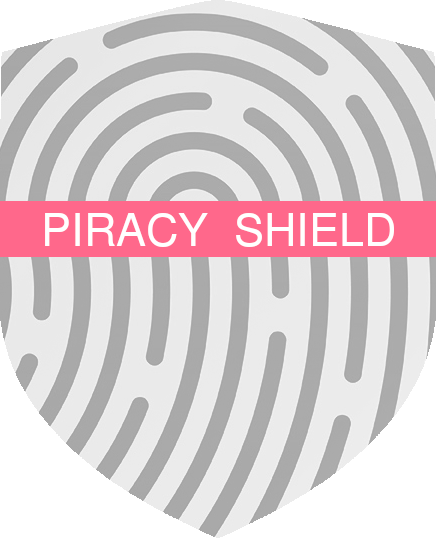 In a little over a week’s time, Italy’s Piracy Shield system will have been fully operational for two whole months.
In a little over a week’s time, Italy’s Piracy Shield system will have been fully operational for two whole months.
Claims that IPTV piracy would be eliminated almost overnight helped to convince lawmakers that without Piracy Shield and the legislation that underpins it, Italian football could die.
In reality, the system was never capable of eliminating piracy and football in Italy was never on life support; the big question now is whether it’s performing close to predictions, or even having any effect at all.
Two Months of Dynamic Blocking
During a hearing Wednesday to review Piracy Shield’s performance after almost eight weeks in the trenches, AGCOM President Giacomo Lasorella provided data to show participation in the Piracy Shield platform, specifically the number of entities that filed applications and received accreditation.
Lasorella revealed that 314 requests have been received to date, including five relating to the main users of the platform; broadcasters DAZN, Sky (Comcast) and RTI (Mediaset Group), Serie A, and Serie B. The remaining 309 applications were received from the ISPs required by law to implement blocking instructions issued by Piracy Shield.
In its first full month of operations, the platform handled blocking instructions related to 11 precautionary measures, all of them issued to protect live sports: football from Serie A and Serie B, UEFA Champions League, UEFA Europa League, and UEFA Europa Conference League, plus Formula 1, MotoGP, Eurocup Basketball, ATP and WTA tennis.
“In total from February 2 to March 3, 3,127 fully qualified domain names and 2,176 IP addresses were blocked,” Lasorella said, noting that figures are available to show IPs blocked each day.
“Obviously these blocks mainly appear when there are sporting events; they are definitely encouraging results which we say testify to the incisiveness of AGCOM’s action.”
The Measure of Success
Whether the nature of AGCOM’s reporting will change as blocking matures is unknown, but in common with other countries, success in Italy is expressed through the use of blocking data; essentially the number of IP addresses and domains blocked. That’s not entirely unexpected but as a measure of success, it’s almost completely meaningless.
The true measure of success isn’t the number of IP addresses blocked or domains rendered inaccessible, but the rate at which new customers sign up and/or remain loyal to legal broadcasting services.
The broadcasters, DAZN and Sky, for example, will already have the data for February, most likely accurate to a single subscriber. Without sight of that all-important data, AGCOM could block the entire internet and those figures would still mean nothing. The unlikely prospect of actually blocking the entire internet took a step closer in February, however.
AGCOM Addresses Over-Blocking Allegations
Following a blunder mid-February that saw an IP address belonging to
Zenlayer CDN blocked in error
, someone with accreditation to input IP addresses on behalf of rightsholders added one belonging to Cloudflare, with
predictably disastrous results
.
Those who expected an explanation or perhaps an apology, received something else entirely. During a TV appearance helpfully facilitated by TG24, a channel operated by key Piracy Shield user Sky, AGCOM’s commissioner stated categorically that there had been no blunders. Reports published by journalists at Wired and DDaY were described as “absolutely false” and the whole debacle found itself dismissed as “fake news”.
During the hearing Wednesday, AGCOM’s president conceded that there had indeed been some “critical operational issues” and even went on to explain what had happened.
“The problems we encountered essentially concern the need to discriminate the legal contents from the illicit ones that exist on the same platform. That is, there are platforms where there are legitimate sites and illicit sites together, and the law prescribes that the sites must be uniquely dedicated to, let’s say, the illicit contents.”
Pirates Using Devious Methods? Impossible, surely
The issue of shared IP addresses and the likelihood of overblocking was repeatedly raised by tech experts in the run-up to the new legislation being passed last year. Assurances that blocking ‘dual use’ IP addresses would be explicitly forbidden in the text, which would be strictly adhered to, eventually led to a prediction that was only 50% accurate.
According to Lasorella, however, this is a trap being laid by pirates.
“Subjects addicted to piracy are increasingly using so-called Content Delivery Networks, CDNs. Content Delivery Networks by their nature may not be uniquely intended for activities therefore licit and illicit appear together,” Lasorella said.
“On the same IP address used for the violation of copyright can exist a perhaps fictitious domain that spreads legitimate content and this evidently prevents this address from being obscured.”
Or in Cloudflare’s case last month, evidently not.
Lasorella confirmed that one of the accredited reporters uploaded a ticket to the Piracy Shield platform which contained a Cloudflare IP address. Since legitimate and illegitimate sites shared the same IP, all found themselves blocked. AGCOM’s president said everything was sorted out “in a couple of hours” but from online reports, a minimum of four hours seems closer to events on the ground.
Potential Showdown With Cloudflare, Google
While describing events of that Saturday a few weeks ago, Lasorella mentioned that a Cloudflare IP address had been blocked and then took the opportunity to state that Cloudflare is “always more involved in these proceedings” due to its provision of DNS and VPN services “that actually facilitate online copyright violations.”
Google also received a mention; the company seems prepared to work with AGCOM to deindex pirate sites that appear in reports uploaded to Piracy Shield, but at the moment has not “considered being accredited” to the platform.
“Google has confirmed its intention not to intervene on its DNS through a local block,” Lasorella said.
It’s a little early to predict how this situation will play out but after blocking Cloudflare last month, following repeated warnings,
even from Cloudflare itself
, AGCOM has a side order of “we told you so” to contend with. That’s in advance of a starter being prepared right now.
In an email sent out to all customers affected by the erroneous blocking last month, Cloudflare is now encouraging users to file an official complaint with AGCOM. The stated aim is to “expand government awareness” of the collateral damage caused by IP blocking in the hope that will prevent overblocking in the future.
AGCOM already seems fully aware of the risks but, as a completely impartial regulator, must also weigh the interests of football against the interests of everyone else. Its response to these letters may prove informative.
Blocking of [website redacted] via the Piracy Shield Platform
On Saturday, February 24, 2024, a Cloudflare IP address was blocked in Italy through the Italian government’s Piracy Shield system. As a result of this action, Internet users in Italy were unable to access tens of thousands of websites. Although the block was removed within hours because of the number of innocent sites affected, we have identified your website as one that appears to have been temporarily blocked.
The Italian Media Regulator (Autorità per le Garanzie nelle Comunicazioni, AGCOM) provides interested parties, including the managers of websites and pages, the right to lodge a complaint about blocks implemented through the Piracy Shield Program. Cloudflare believes it is important to document the collateral damage caused by IP blocking in order to expand government awareness of the risks of the practice and hopefully prevent future overblocking. If you would like to submit a complaint, you can submit your own complaint to tavoloantipirateria@agcom.it and agcom@cert.agcom.it, as laid out on the AGCOM website.
To assist you, we have prepared the below template email, in both English and Italian, that may be used to submit your complaint to AGCOM:
Template email to AGCOM:
Re: Blocking of [website] via the Piracy Shield platform
We write to file a complaint regarding the blocking action ordered by the Autorità per le Garanzie nelle Comunicazioni (AGCOM) of IP address 188.114.97.7 on Saturday, February 24, which rendered our website [redacted] inaccessible to Internet users in Italy. While we understand that the blocking order under AGCOM’s Piracy Shield was intended to prevent copyright infringement, our website does not infringe copyright and has never been accused of copyright infringement.
We formally complain about this action and request that AGCOM take immediate steps to prevent any future blocking of our website and other innocent websites.
Re: Provvedimenti di blocco Piracy Shield / blocco del sito [website redacted]
Scriviamo per presentare un reclamo in merito al blocco ordinato dall’Autorità per le Garanzie nelle Comunicazioni, sabato 24 febbraio 2024, dell’indirizzo IP 188.114.97.7 24, che ha reso il nostro sito web [redacted] inaccessibile agli utenti Internet in Italia. Pur comprendendo che l’ordine di blocco previsto da “Piracy Shield” di AGCOM era finalizzato a prevenire la violazione del diritto d’autore, segnaliamo che il nostro sito web non viola il diritto d’autore e non è mai stato accusato di simili illeciti.
Ci doliamo formalmente di questa iniziativa e chiediamo che AGCOM voglia prendere provvedimenti immediati per prevenire qualsiasi futuro blocco del nostro sito e di altri siti web conformi alla legge.
From:
TF
, for the latest news on copyright battles, piracy and more.
chevron_right
 Pirate site blocking is one of the entertainment industry’s favorite enforcement tools. In recent years, it’s become a common practice in many countries around the world.
Pirate site blocking is one of the entertainment industry’s favorite enforcement tools. In recent years, it’s become a common practice in many countries around the world.

 Pirate sites are frustrating rightsholders across all continent and many of them see website blocking as the solution.
Pirate sites are frustrating rightsholders across all continent and many of them see website blocking as the solution.
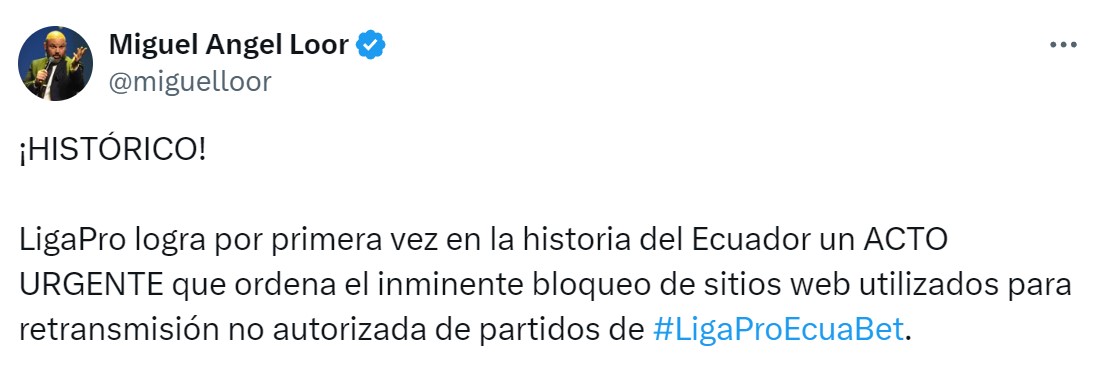
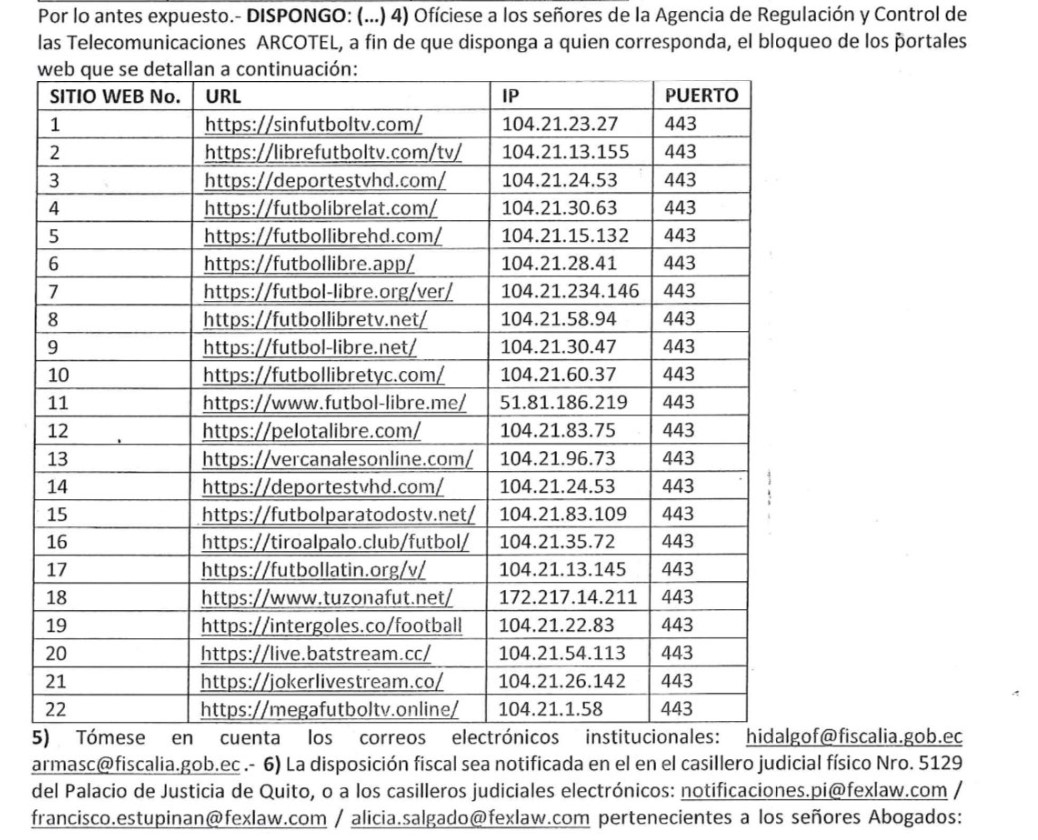
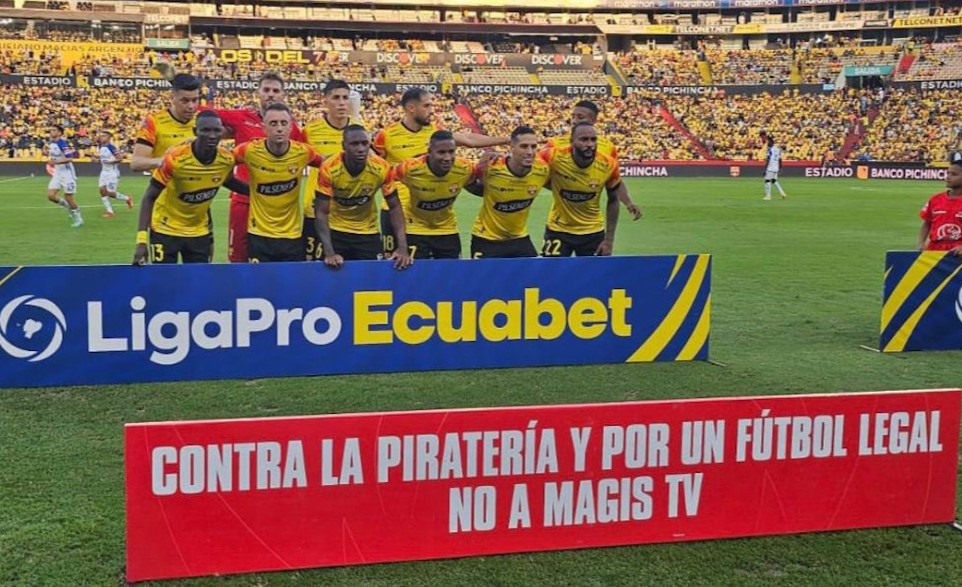
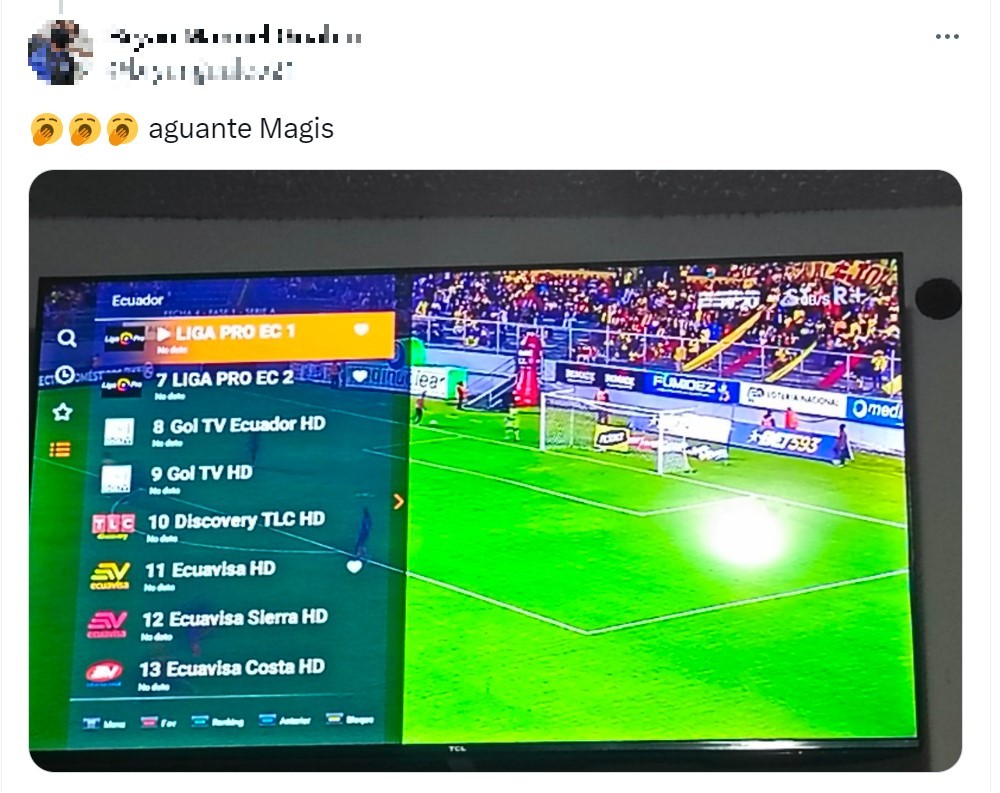


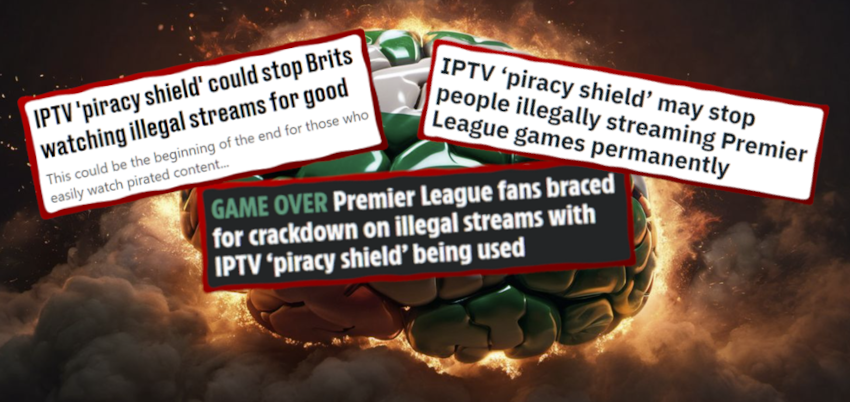

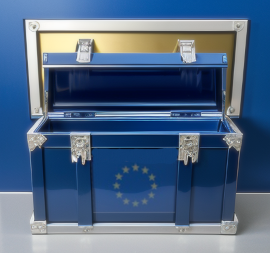
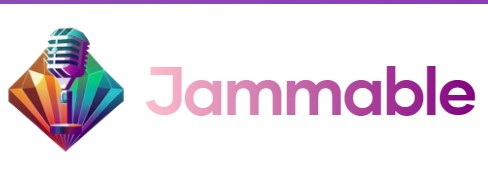 Over the past year, new artificial intelligence tools and services have been surfacing everywhere.
Over the past year, new artificial intelligence tools and services have been surfacing everywhere.

 Late 2019, Internet provider Cox Communications lost its legal battle against a group of major record labels, including Sony and Universal.
Late 2019, Internet provider Cox Communications lost its legal battle against a group of major record labels, including Sony and Universal.
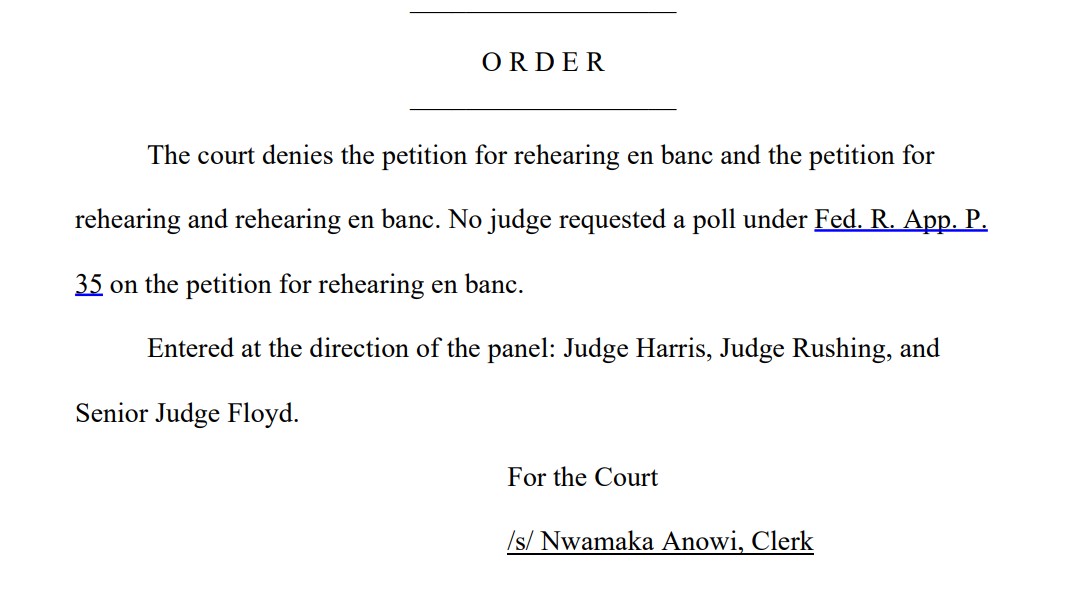

 For online media consumers, things have improved significantly over the years. More content is made available globally than ever before.
For online media consumers, things have improved significantly over the years. More content is made available globally than ever before.